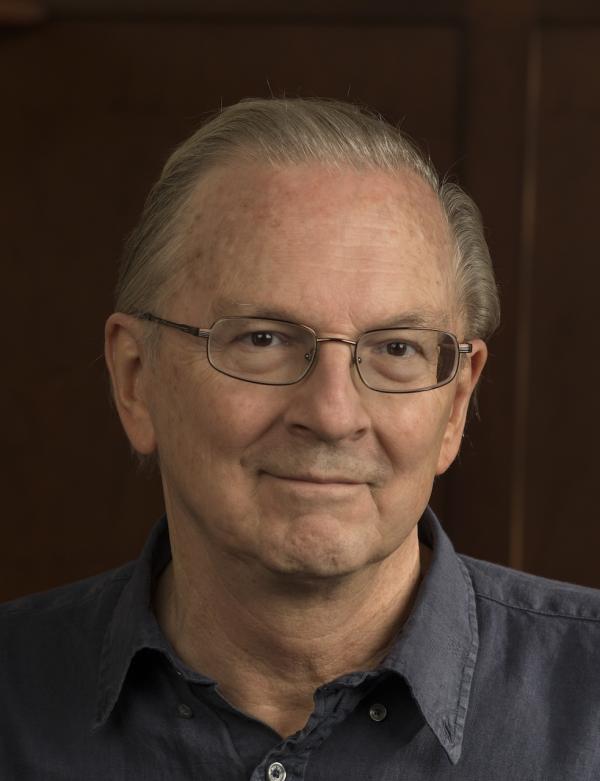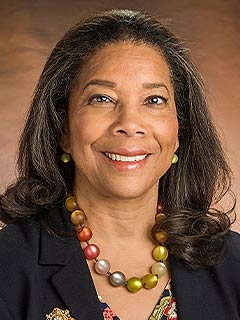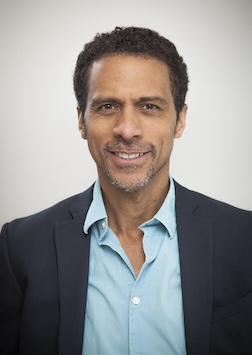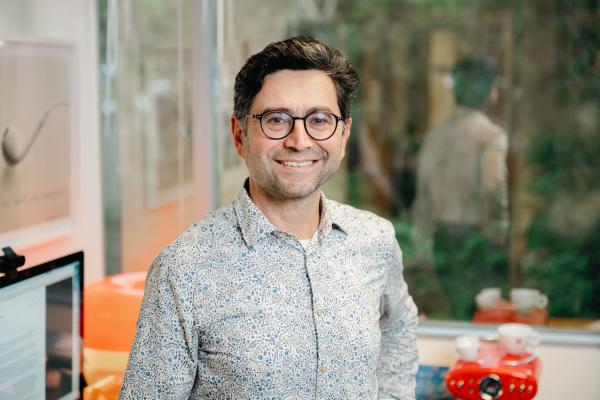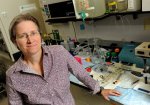Marshall W. Nirenberg Lecture
This lecture, established in 2011, recognizes Marshall Nirenberg for his work to decipher the genetic code, which resulted in his receiving the 1968 Nobel Prize in Physiology or Medicine. Nirenberg’s research career at the NIH spanned more than 50 years, and his research also focused on neuroscience, neural development, and the homeobox genes. The Nirenberg lecture recognizes outstanding contributions to genetics and molecular biology.
This page was last updated on Tuesday, August 10, 2021
